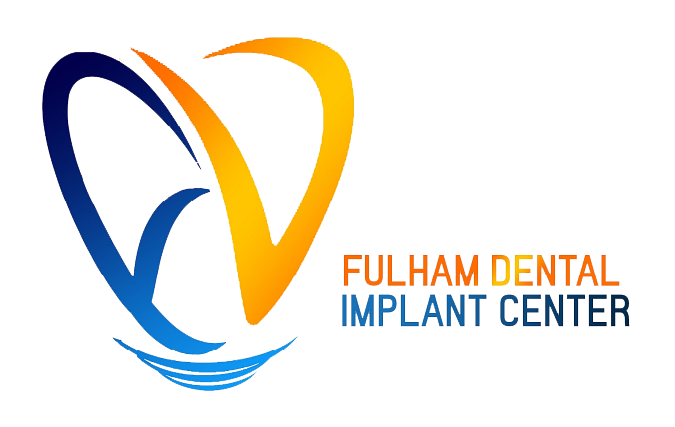Fulham Dental
Family Dentistry
Welcome to Fulham Dental, located in Scarborough, on Fulham St. Our team of talented and dedicated dental professionals take great pride in our dental office’s friendly, comfortable environment and world-class dental care only in Scarborough available at our Fulham dental clinic.
If you’re looking for a family dentist in Scarborough, look no further than Fulham Dental. We always welcome new patients to join our Scarborough dental family.
OFFICE HOURS
| Monday | 8:00 – 5:00 |
| Tuesday | 8:00 – 5:00 |
| Wednesday | 8:00 – 5:00 |
| Thursday | 8:00 – 5:00 |
| Friday | 8:00 – 1:00 |
| Saturday | Closed |
| Sunday | Closed |
Welcome to Fulham Dental
A bright and healthy smile can do so much for you. It gives you confidence and boosts your self-image. It creates a sense of health and vitality that resonates with others. Whether you want a brighter smile, need relief from jaw pain, or require a root canal, we offer a variety of services to fit your unique request.
Our office is committed to offering the latest innovations in dental treatments and technology. This includes our digital x-ray technology, which provides a more comfortable experience for the patient and emits less radiation than conventional x-rays.
We are currently welcoming new patients and invite you to get in touch with us. Together, we can achieve optimum dental health for you and your family. We are conveniently located at 40 Fulham, Scarborough, M1S 2A5
Contact Us Today to Book Your Next Dental Appointment: 416-299-8188.
WHAT OUR PATIENTS ARE SAYING
Martin De Bianchi⭐⭐⭐⭐⭐I gave all fives and truly meant it. It’s been a while since I’ve been to a dentist because of bad experiences but the staff was so pleasant and they make you feel comfortable and at ease. Everyone there was really nice and friendly. The dentist cared and took the time to check my broken tooth and fixed it without any hassle. By the way, the office was very clean.
JD Cornielle⭐⭐⭐⭐⭐Excellent dental office and great staff. Dr. Rizk has extensive experience in cosmetic and general dentistry.
Muna Marashdeh⭐⭐⭐⭐⭐Great experience Professional staff Dr. Rizq is an amazing experienced dentist I strongly recommend!
BOOK AN APPOINTMENT
FIND OUT HOW WE CAN HELP YOU ACHIEVE YOUR GREATEST SMILE!
OFFICE HOURS
| Monday | 8:00 – 5:00 |
| Tuesday | 8:00 – 5:00 |
| Wednesday | 8:00 – 5:00 |
| Thursday | 8:00 – 5:00 |
| Friday | 8:00 – 1:00 |
| Saturday | Closed |
| Sunday | Closed |







